Attorney Evelyn Rojas ’02
After transferring to Cornell University, Rojas attended UConn School of Law in 2009. She works as a prosecutor for the State of Connecticut. After more than a decade, she wrote to thank English Professor, Robert Giron, for introducing her to creative writing. Giron told Insights that her e-mail was “the cherry on my figurative sundae,” adding that he was intrigued, but not surprised, to learn of her career choice. “I often tell my students English and argumentation pave the way to law, and she has proven that.”
When did you know you wanted to be an attorney?
I went to law school intending to go to foreign service. But I changed my mind after interning for the State’s Attorney’s Office the summer after my first year of law school. After that, I interned for an additional year and a half. During that time, I worked with various prosecutors and observed up close the hard work, dedication, and passion they had for their work, regardless of how long they had been prosecutors. I assisted in preparing for trials, calling cases before the judge, and talking to defendants. Becoming a prosecutor was a way I could help people and give back to the community.
Describe your typical day as a prosecutor.
Every day, I talk to people who have been arrested and charged with a crime. I review the police report and, depending on the seriousness of the offense, whether or not there is a victim who was injured or who needs to be made whole in the form of restitution, the person’s criminal history (or lack of), and any mitigating circumstances, I make an offer to resolve the case. Sometimes doing the right thing means offering a period of incarceration to a defendant who has shown through his actions/behavior that he/she is not amenable to rehabilitation. Other times it means giving a defendant a suspended sentence and giving them an opportu-nity to obtain mental health treatment, substance abuse treatment, etc. In some instances, it means “nolleing” (dropping) the charges and giving a person a second chance because they made a mistake, they acknowledge it, and it is very likely the first and last time I will see them in court.
What about cases that cannot be resolved with a plea agreement?
Oftentimes, cases that go to trial are the hardest to try because the complainant is reluctant to testify, is vulnerable (due to their age or mental state), is unsympathetic, is dead, or most of the evidence is circumstantial and the state’s witnesses have criminal histories, pending cases, etc. Nevertheless, those cases, like any other, still need to be prosecuted because we do not get to pick and choose only the cases that are strong. We also have to proceed on cases we cannot reach agreements on and must leave to the judicial juror process for decision and determination of truth as to whether the defendant is guilty.
What has been your most memorable case?
I do not necessarily have a memorable case, but I have a memorable defendant. This past summer, I had a defendant who was a 65-year-old woman charged with larceny in the sixth degree. She allegedly went into a store and took a pair of socks without paying for them. The police were called and she was arrested. The woman had no criminal history, and she did not speak English very well. I explained to her that I would continue her case for a couple of months. As long as she did not pick up any new arrests and did not go back to the store, I would nolle (drop) the charges against her. The woman agreed to the offer, but she wanted to return the socks because they did not match and were “useless” to her. She then opened her purse and showed me the mismatched socks. I explained to her that she could not go back to the store or she could get arrested again.
Advice to students or anyone following in your footsteps?
Do not give up too easily. It took me four years to get my associate’s degree at Montgomery College. I also applied twice to Cornell University before I got accepted. I took the LSAT twice before going to law school. It took me two years to get hired as a prosecutor, but it was worth the wait.
Looking back, how did starting at a community college make a difference?
I went to MC because when I graduated from high school, I did not yet have a green card. My mother and I left El Salvador and came to the United States seeking asylum, so we only had a permit. Montgomery College allowed me to attend part time. For two years, I took just one class per semester, since it was all my mother could afford. On the days I did not have class, I would help her clean houses. Eventually, I was able to go full time, but it took me four years to finish. I graduated from Montgomery College in 2002 with an associate’s degree in English.
You went from English literature to law? Tell us about the switch.
I took Professor Robert Giron’s creative writing class as an elective. It was one of the most enriching classes because it gave me a deeper appreciation for creative writing, particularly for writing children’s stories. At first my goal was to become a literature professor. My senior year at Cornell, I was researching graduate schools and PhD programs in English when I saw the home page for law school. I read about their law program and learned the different things one can do with a law degree (from teaching to practicing law). I realized a career in law was what I wanted to pursue. Sometimes life takes us through unexpected turns. We have to be flexible enough to adapt to new situations in order to succeed.
What’s next?
My long-term goal is to become a Part A Prosecutor, a prosecutor who tries all the serious felony cases, such as murders, sexual assault in the first degree, armed robbery, etc. And, if God wills it, perhaps one day I will become a judge.
—Diane Bosser

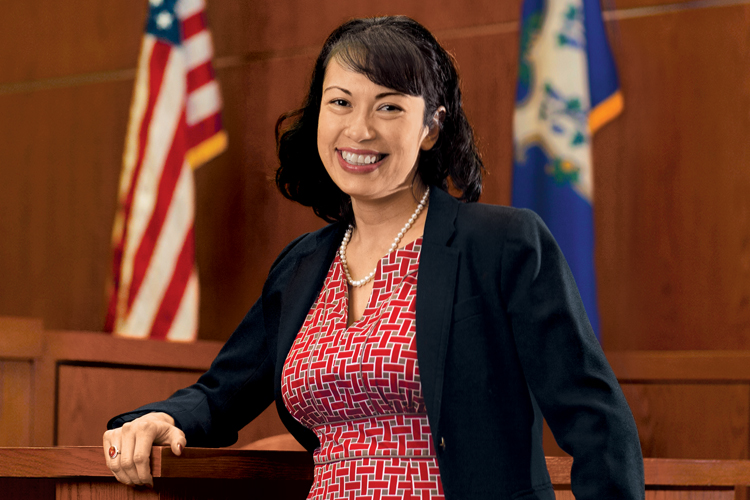


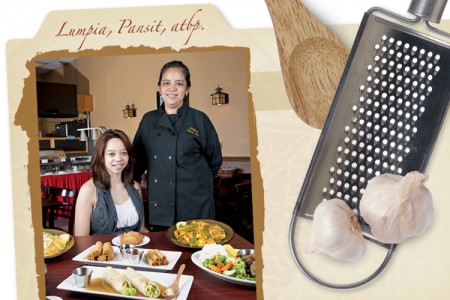
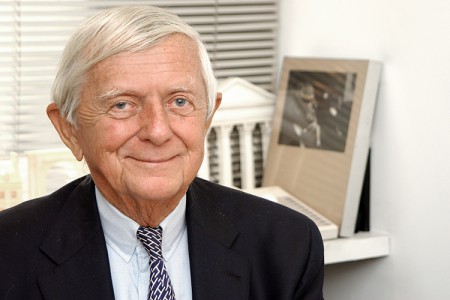
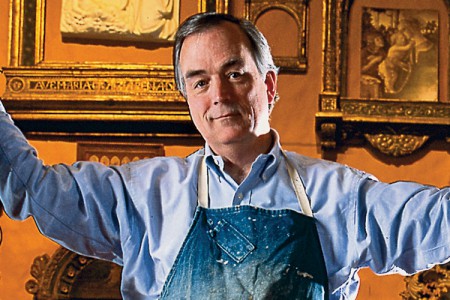
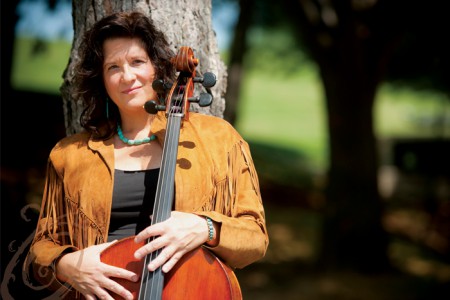

Motivating history from refugee to a successful attorney.
This history speaks very well about the difference that Montgomery college can make in the lives of young people (that otherwise may not have other opportunity), and the powerful positive influence of an English professor in a community college.
Rob
What a wonderful testimony and it proves that with hard work and persistence you can achieve anything in this life. It sounds that without no doubt, she will become a judge.
Good luck and God bless you Evelyn.